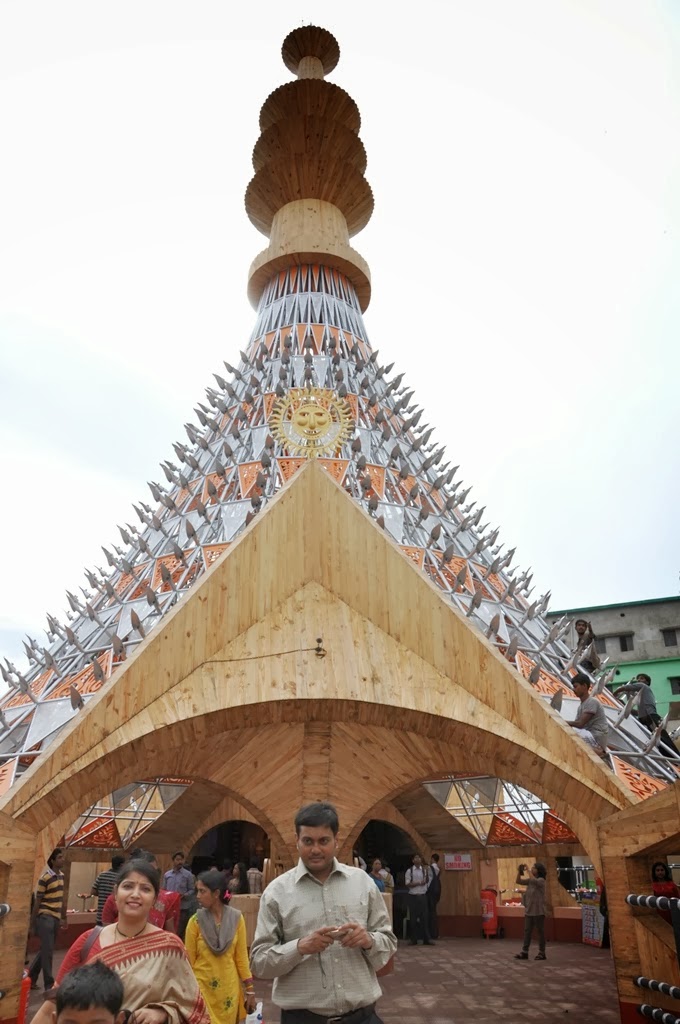Arabic fashion has gone global in recent years. There has been great advancements on the style and fashions designed for and worn by Arabic people, with more of an emphasis being placed on function and appearance than ever before. Previously, clothes were designed purely with religion in mind, which delivered objectives of providing modest clothing for both men and women, if not providing desirable or luxurious clothing for those of Arabic origin.
This move towards more fashionable clothing has seen the rest of the fashion industry sit up and take notice of Arabic fashion. So much so that Arabic fashion influences can be seen in many examples of mainstream style from around the world.
What are the biggest areas where we are seeing this influence?
Headscarves
The hijab is one of the most recognizable pieces of Arabic fashion. While people of other faiths haven’t begun wearing traditional hijabs, the luxurious, lightweight headscarf has become a fixture in women’s wardrobes around the world. Celebrities such as Victoria Beckham have been seen wearing them, and high-end High Street designer stores like Zara are increasing the ranges that they sell.
Jewellery
Arabic jewellery is well known for adding glitz and glamour to its usual style. While Arabic jewellery will typically only be worn on special occasions, such as weddings or other family and religious occasions, the inspiration it has given to the fashion world has seen everyday Arabic style jewellery become a ‘must have’ accessory for women everywhere.
Gold bracelets and necklaces, in particular, have found their way into Western dressers, and while some of it comes across as tasteless ‘costume jewellery,’ when retailers and designers get it right, the results are usually majestic.
Dresses
The kaftan dress and the abaya are the two styles that most people associate with Arabic fashion. Both of these styles can clearly be seen to be influencing Western fashion in numerous retailers around the world, including Marks & Spencer and boohoo.com.
Many retailers are selling traditional kaftan dresses, and while abayas are not being replicated like for like, designers around the world have taken notice of the subtle details these pieces have around the cuffs and the neckline, and started building these into their own designs.
Footwear
Sandals tend to be the footwear of choice for those who wear Arabic dress, although depending on where they live someone dressing in this manner may choose other suitable footwear. However, in terms of the influence of Arabic footwear on the Western world and beyond, you only have to look at the success of brands such as Saltwater to see how popular such styles are.
The great thing about sandals is that they are accessible for everyone; you can choose a simple pair or go for something more luxurious and expensive, depending on your budget.
The rise of Arabic fashion in recent years has seen it grow to become a major influencing factor on the rest of the fashion world. Expect this trend to continue as Arabic fashion grows in the coming years.
Jennifer loves exploring various fashion trends and styles from around the world. She is currently studying Arabic and Islamic fashions, and loves the various types of hijab pins that are available for Arabic women who wish to build accessories into their look. 


.jpg)
.jpg)
.jpg)
1319893785+(Copy).jpg)
+(Copy).jpg)
+(Copy).jpg)
.jpg)
.jpg)
.jpg)
.jpg)
.jpg)
.jpg)
.jpg)
.jpg)
.jpg)
.jpg)
+(1).jpg)
.jpg)
.jpg)
.jpg)
.jpg)
.jpg)
.jpg)
.jpg)
.jpg)
.jpg)
























